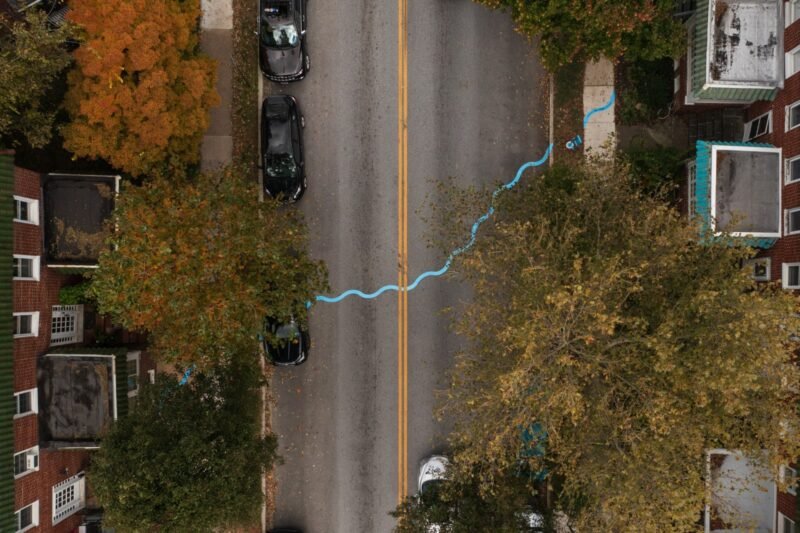Hacking Through Cities With Creative Sustainability
While the ever-popularizing mantra of “reduce, reuse, recycle” has manifested in practical features such as easy-sort recycle bins on the street and bottle returns at grocery stores, how can sustainability be further incorporated into city dwellers’ increasingly busy everyday lives?
The Rotten Apple project exercises creativity agency by finding clever and simple ways to alter his surroundings to introduce new facets of function and fun into the urban environment. It features 23 urban hacks thus far that focus on making minor changes to commonplace components of cities that allow them to be utilized in more than one way. For example, simple hinge mechanism and a wooden board can be added to a bike rack to turn it into a folding seat, a power plant hides an internal outlet that can be used to charge your phone on the street, and a chessboard can be fixed to a fire hydrant to host a leisurely game of chess while not in use.

Bike rack folding seat

Pop-up library

Urban hammock
Rotten Apple summarizes its purpose in quote from Austrian designer and advocate of environmental responsibility Victor Papanek, who once stated, “design, if it is to be ecologically responsible and socially responsive, must be revolutionary and radical in the truest sense. It must dedicate itself to (…) maximum diversity with minimum inventory (…) or doing the most with the least.” The idea here is to see sustainability everywhere without taking for granted that any given object or urban attribute can serve only its intended function. By pinpointing the intersection of fun, renewability, and urbanism, Rotten Apple seeks to keep environmentalism from going stagnant in cities by encouraging creativity in conjunction with efficiency.



